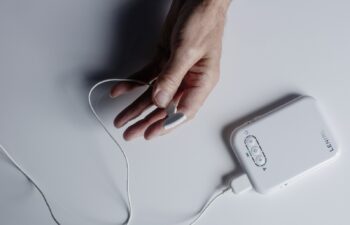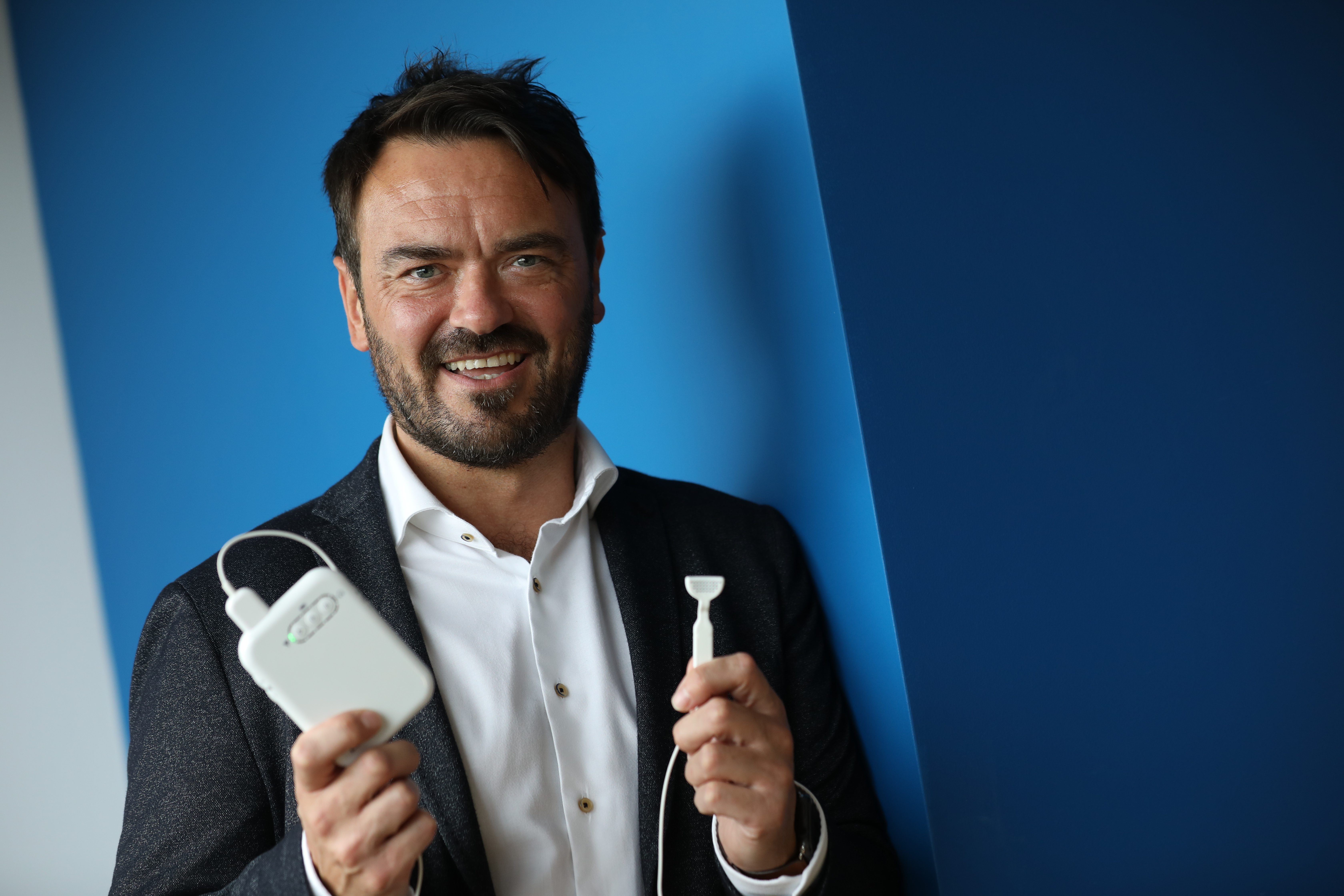The Results of Lenire’s Second Large Scale Clinical Trial Have Been Published – Here’s Everything You Need To Know

The results of the TENT-A2 clinical trial of Lenire were published in Nature – Scientific Reports on June 30th 2022. Lenire is commercially available from a number of partner clinics, which you can find here. This piece provides some background information about the trial and answers to frequently asked questions.
What does TENT-A2 mean?
TENT-A2 stands for Treatment Evaluation of Neuromodulation – Stage A2. This is the name of the large-scale clinical trial of Lenire that was carried out, the results of which were published in Nature – Scientific.
You might ask, “this is stage A2, was there a previous stage?”
Yes, there was. TENT-A1 was the first large scale clinical trial of Lenire. You can read the TENT-A1 research paper here.
Why was there a second large scale clinical trial?
It’s always important to continue research into any treatment. It helps to better understand how the treatment might work for different groups of people, how to continue to optimise the treatment to make it more effective, and crucially continues to build a body of evidence that treatment can help people living with a condition.
The first large-scale clinical trial (TENT-A1) of Lenire investigated if treatment with the same treatment plan for 12 weeks, could reduce the symptoms of tinnitus. Ultimately, the results of the trial showed that it could. However, in TENT-A2 we wanted to see if changing the sound and electrical stimuli that patients were receiving at the midway point of their treatment could result in an even greater improvement in their tinnitus. The results of the trial showed that this is the case, meaning we developed a better understanding that tailoring treatment plans in a specific way for patients could result in a better outcome for them.
Who took part in the trial?
The trial was carried out in Dublin, Ireland with 191 enrolled participants. Enrolled participants are people who consent to take part a clinical trial and made it through a screening process. Screening takes place to make sure that the people taking part in the trial are appropriate. For example, pregnant women may not be suitable for some clinical trials or in the case of Lenire, people with active implanted medical devices may be screened out because treatment with Lenire provides electrical stimuation.
TENT-A2 enrolled people with a range of different tinnitus characteristics such as how long they had experienced it for, or if they experienced it in one or both ears, to ensure that the trial would represent the general tinnitus population as closely as possible.
What is Nature – Scientific Reports?
Nature – Scientific Reports is an open access journal publishing original research from across all areas of the natural sciences, psychology, medicine and engineering. It’s a member of the renowned Nature family of journals and is one of the most cited journals in the world. The papers published in the journal, and the results they contain, are peer-reviewed by independent scientific reviewers so they can be trusted.
What are the results of TENT-A2?
The results of the TENT-A2 trial are encouraging for people living with tinnitus.
- 95% of participants who used Lenire as directed achieved a reduction in their tinnitus after 12 weeks of treatment
- 91% of participants who used Lenire as directed achieved a reduction in their tinnitus which sustained for 12 months after treatment ended
- 87.8% if people would recommend others with tinnitus to try the treatment
It also showed that changing the treatment plan during treatment with Lenire resulted in a greater average reduction in the severity of tinnitus symptoms reported by participants.
You can read the full research paper and supplementary materials here.
Why are they important?
The results are important because they mean that two large scale clinical trials (both TENT-A2 and TENT-A1) have shown that Lenire can reduce tinnitus symptoms severity. Replicating positive results in two large scale clinical trials is a significant data point showing that Lenrie is a viable treatment option for people living with tinnitus, especially when accompanied by the publication of positive real-world data analysis.
They also show that the reduction in symptoms can sustain long term, with a majority of people participants reporting an improvement up to 12 months after they had stopped treatment.
Why are peer-reviewed results important?
Scientific findings are important for society so it’s equally important that they are verified. Peer-reviewing results allows independent experts who are appropriately qualified in the same field as the research to scrutinize the paper and any results or findings claimed before it is published – so that readers can trust it.
What is Lenire?
Lenire provides sound and tongue stimuli to reduce the severity of tinnitus symptoms. Visit our What is Lenire? page for a detailed look at the treatment and our Science page to find out about the science behind how it works.



